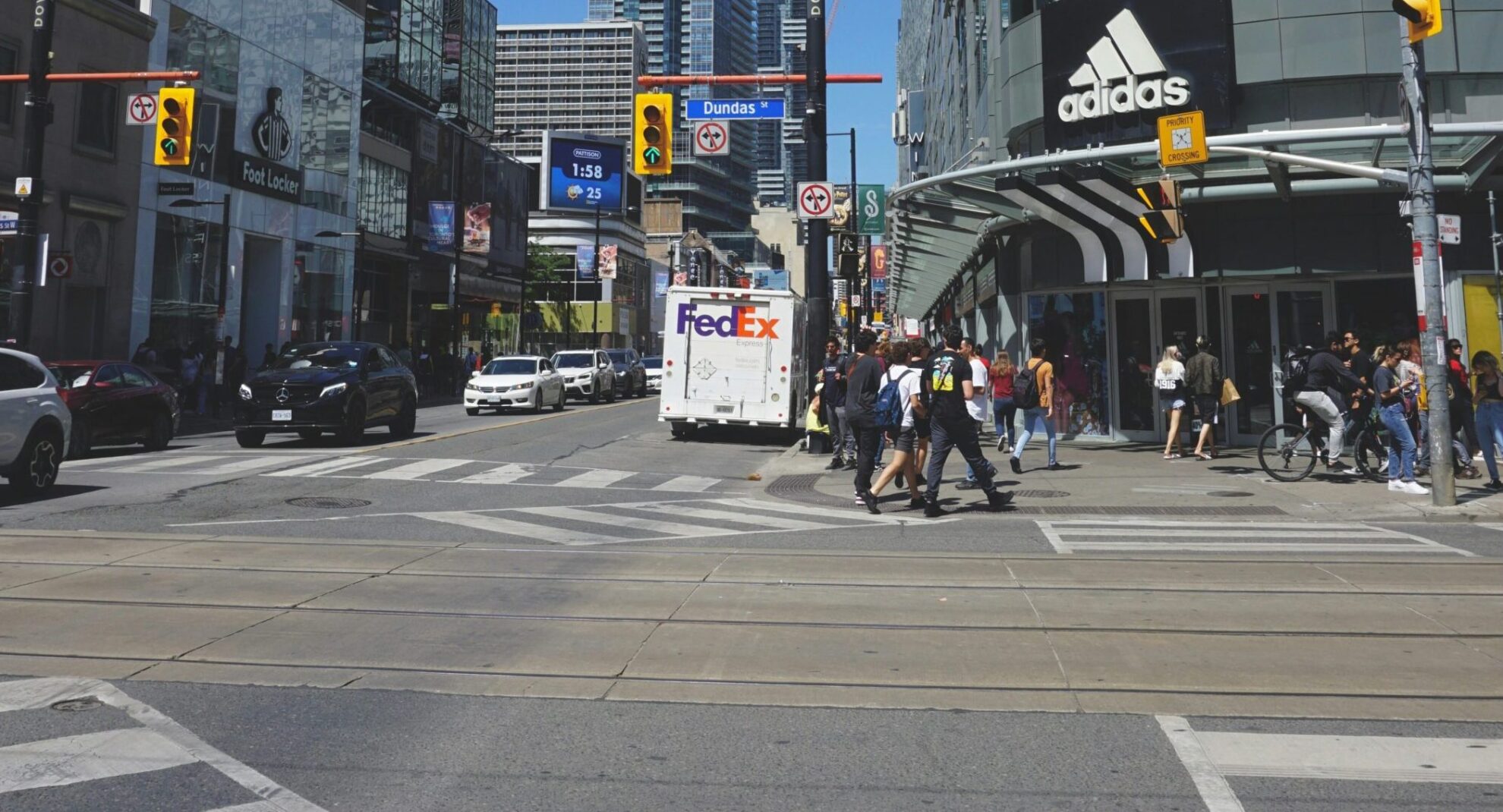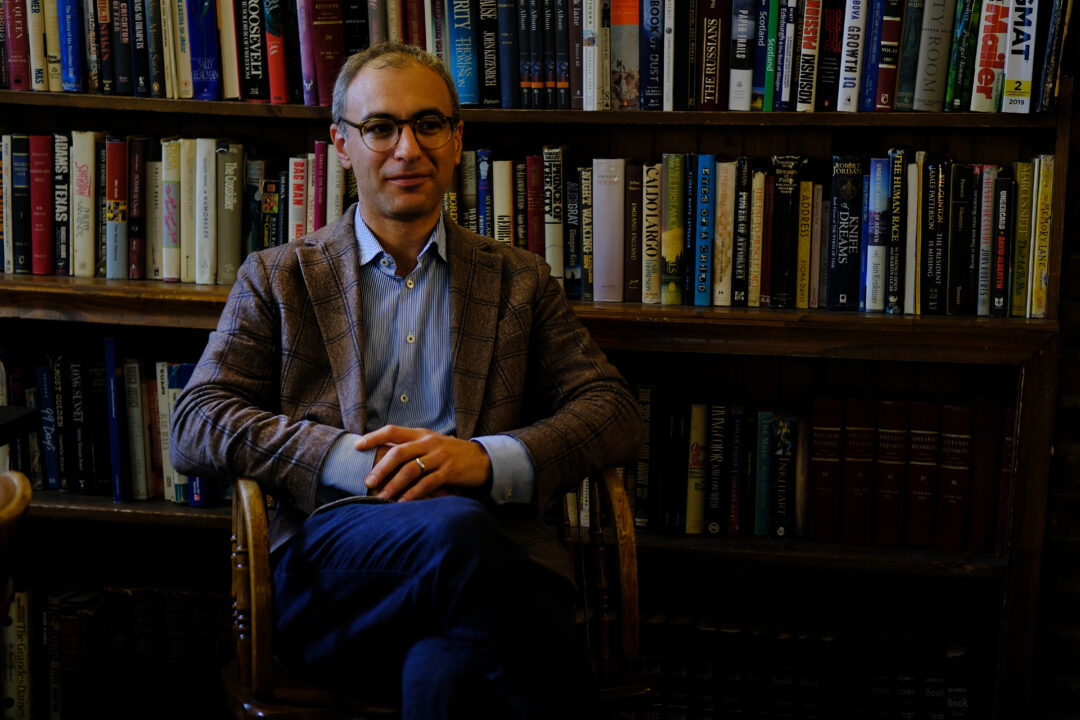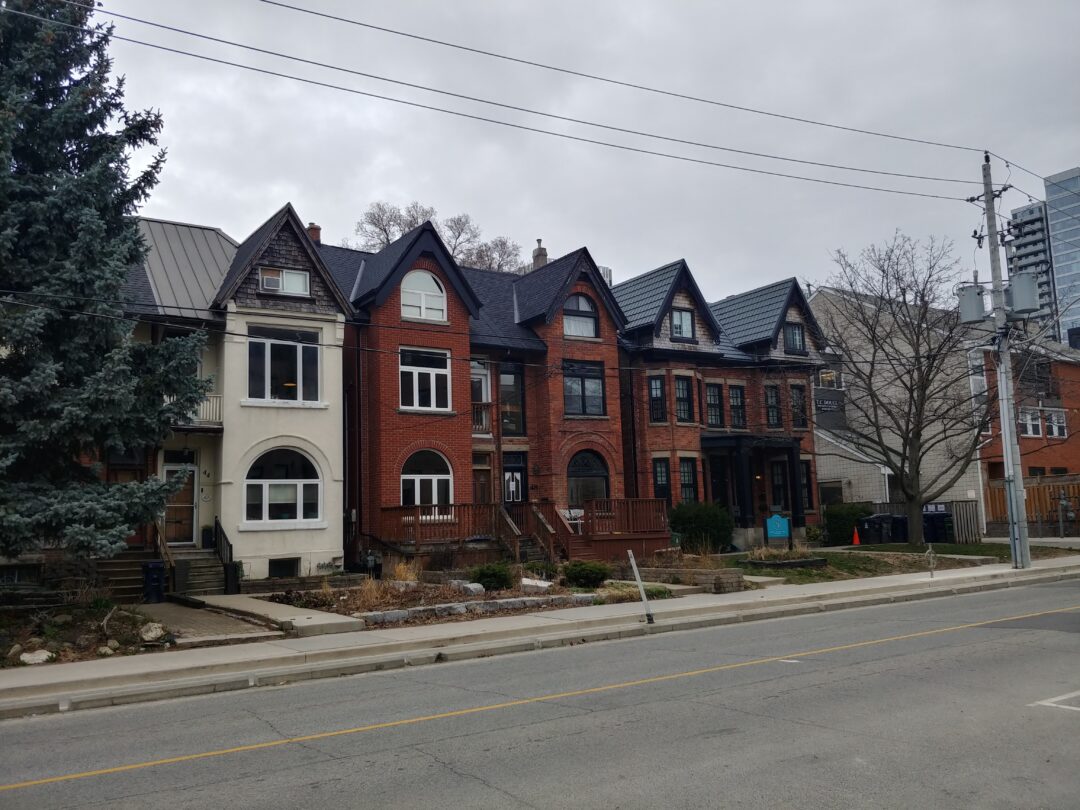Anthony Marcusa –
A health-first initiative supporting vulnerable people in the Yonge and Dundas area is coming this fall. A collaboration between Toronto Public Health and Toronto Police Services, supported by the Downtown Yonge Business Improvement Area, will involve the Downtown Community Outreach Response and Engagement (CORE) Team.
“When you’re dealing with vulnerable people on the street, whether it’s mental health, substance abuse, or housing needs, giving them access to resources and pathways is absolutely critical,” Pauline Larsen, executive director of the Downtown Yonge BIA, told the bridge. “Everyone agrees trying to meet vulnerable people where they are is the right thing to do.
“We need to proactively address these issues, and it requires a collaborative approach.”
The pilot program is set to begin in the fall and will run for one year. An assessment will be made to determine whether it should continue afterwards.
In an email to the bridge, Public Health said, “the CORE team will be led by a specialized team of public health nurses.” They will offer health and social service referrals and short-term case management and respond immediately to overdosing and substance.”
“Toronto Police Service will dedicate officers to support the Downtown CORE Team, leverage existing partnerships and utilize an approach that prioritizes a health-focused intervention that will contribute to an overall improvement in public safety.”
In a post on X, community worker Diana Chan McNally criticized the involvement of law enforcement. “When a population is consistently over-surveilled/criminalized, the answer isn’t more policing. This pilot, which dozens of us criticized — including senior leadership of some of the “partner” agencies involved — is going ahead without input from the harm reduction sector or PWD.”
Larsen says she understands the concerns about police, but stresses they will not have a leading role, and that different groups work together.
“Police are there to support the nurses, and it makes a lot of sense to have different skills available,” she said. “It not only breeds trust, but it also fosters trust between different groups. Our experience with partnered outreach with police is when an outreach worker and police officer are out together, that is building bridges. And we’re allowing people on the street to build relationships too.”
The Downtown Yonge BIA has operated a crisis response team for six years, though limited in scope and time. They’ve provided frontline de-escalation training for businesses, and are available during normal regular hours on weekdays, but aren’t able to assist during evenings and weekends.
“We remain focused on streetfront services,” Larsen says. “We’re a BIA. We’re not a social service, we’re not police, not nurses.” Larsen says the response to the effort has been positive, and welcomes collaboration that will bring more assistance and resources.
“People need different things. Some people need housing, some are looking for harm reduction, some are looking for mental health (support). We don’t have the luxury of not working together, we have to be on the same side.”
Success of the program means a reduction in drug toxicity deaths, as well as an increase in support for those affected by drug toxicity, says TPH.




